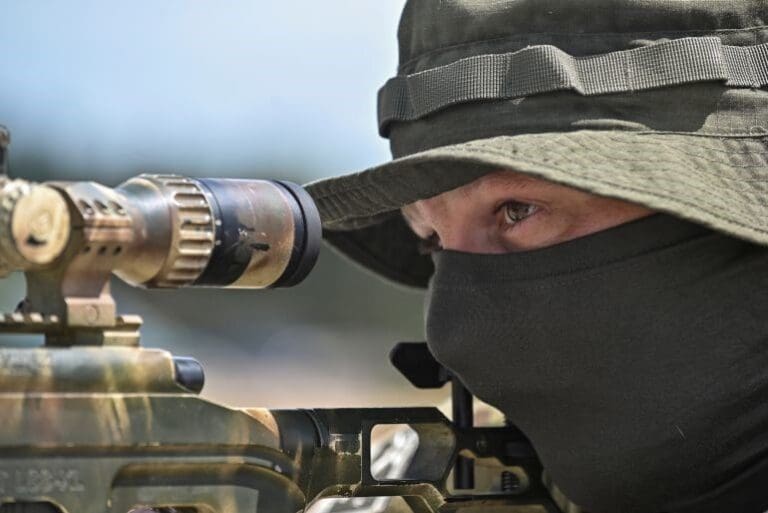Six leaders from the black continent, which is suffering the consequences of this war, have been sent on a peace mission to the two countries.
The African envoys are expected in Ukraine and Russia on 16 and 17 June. They are visiting this part of the world, the scene of conflict since February 2022, as part of an African peace initiative under the aegis of the Brazzaville Foundation. This is a British non-governmental organisation set up in 2014 to promote peace and sustainable development around the world.
Senegal’s Macky Sall, South Africa’s Cyril Ramaphosa, Zambia’s Hakainde Hichilema, Comoros’ Azali Assoumani (current president of the African Union) and representatives of Egypt’s Abdel Fattah al-Sissi and Uganda’s Yoweri Museveni will meet in Poland before travelling together by train to Kiev.
“The head of state left Dakar this morning to take part in a “mediation mission aimed at ending the conflict between Russia and Ukraine”, the Senegalese presidency announced on Twitter yesterday, Thursday.
The day before, the Zambian Ministry of Foreign Affairs had confirmed President Hichilema’s participation in this mission of good offices, the first stage of which will take place in Boutcha, a Ukrainian town located 25 kilometres north-west of the capital, Kiev.
“This initiative is based on Africa’s successful experience in resolving conflicts through dialogue and peace-building. The aim of the African leaders is to encourage open dialogue and negotiations between Russia and Ukraine,” explains the Zambian diplomat, who believes that “the consequences of the conflict, particularly the disruption of commodity supply chains, go beyond the humanitarian crisis”.
Mouhamadou Lamine Bara Lô, a Senegalese political scientist, sees this initiative as a way for Africa to remember that it “remains an entity affected by the conflict”, but also to position itself as a “geopolitical actor” capable of “playing a role in current affairs”.
The mission takes place against the backdrop of a counter-offensive by Kiev. It was launched in early June in south-eastern Ukraine to push back Russian forces. For some observers, this situation could jeopardise the agreement signed by the warring parties in Turkey in July 2022. This agreement was promoted by the visit in June of Macky Sall, the current president of the African Union (AU), and Moussa Faki Mahamat, the chairman of the continental organisation’s commission.
In principle, the agreement should release between 20 and 25 million tonnes of grain blocked in Ukraine. In an interview with APA, Ukrainian Ambassador Yurii Pyvavarov said that there was “no connection between the counter-offensive and the functioning of the grain corridor for the export of Ukrainian grain to Africa”. According to him, the invaded Ukraine has the “right” to retaliate in order to “free (its) territories from the Russian scourge”.
After Kiev, the high-level delegation will travel to St Petersburg, Russia, where they will meet President Vladimir Putin on Saturday 17 June. But for Mr Lô, the African initiative “lacks arguments that can be mobilised and are effective in moving the goalposts”. He added that “without real levers, there is little chance of influencing the perception of their interests, which would underpin the mutual concessions necessary for peace”.
For his part, the Ukrainian diplomat avoided blissful optimism: “I prefer to be realistic. That’s why I don’t trust the Russians. I don’t believe in their promises either,” he declared, pointing out that there is no way out of the crisis without a prior commitment from the Kremlin to withdraw its troops from Ukraine. Our attempts to contact the Russian mission in Dakar were unsuccessful.
AC/id/lb/abj/APA


